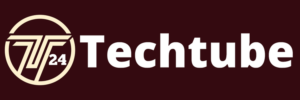
The Digital Millennium Copyright Act (DMCA) is a United States copyright law that was enacted in 1998 as a response to the increasing number of copyright infringement cases.
Under the DMCA, online service providers (such as Google, Yahoo, and Facebook) are required to take down copyrighted material if they receive a notice from the copyright holder. This can include anything from text articles to entire websites.
The DMCA is controversial because it allows copyright holders to abuse their power by sending frivolous notices, which can result in web services being taken down without any legitimate reason. However, there are also provisions in place that allow for website owners to file counter-notices and fight for their rights.
The Digital Millennium Copyright Act (DMCA) is a law in the United States that protects copyright holders by ensuring that they are properly compensated when their copyrighted materials are used without their permission.
Under the DMCA, online services and websites are required to take down any material that is claimed to be infringing upon the rights of the copyright holder. This process is known as “takedown notices.”
If a takedown notice is not properly addressed or if the material remains online after it has been taken down, then providers can be subject to legal action. In addition, providers who knowingly assist in or facilitate copyright infringement can also face legal penalties.
The DMCA was introduced in 1998 as part of the Clinton Administration’s efforts to create an intellectual property framework for the internet. It has since been amended several times, most recently in 2012.
Related Post:
Best Anti virus for Computer
























